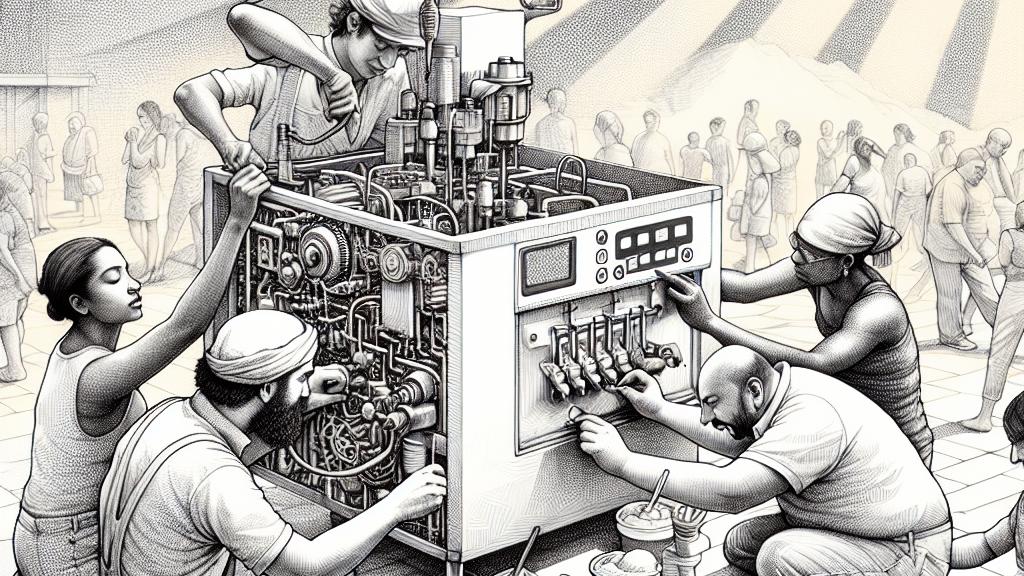Self-Repair Now Permitted for McDonald's Ice Cream Machines
Overview
- Groundbreaking law enables consumers to repair McDonald's iconic ice cream machines.
- Prior to this, only a select few technicians could perform these repairs.
- This advancement is a monumental victory for the 'right to repair' movement in the USA.

A New Era for Repair Legislation
In an exciting turn of events, the U.S. Copyright Office has officially announced that, as of October 28, 2024, consumers now possess the authority to repair commercial food preparation machinery, including the famously fickle McDonald's ice cream machines. This groundbreaking ruling not only empowers McDonald's customers but also facilitates a more efficient path to enjoying their favorite frozen treats. The frustration of showing up at a restaurant only to discover that the ice cream machine is out of order, especially on a hot summer's day, is now a situation customers can potentially rectify themselves. By allowing individuals to take the lead in repairs, this major change stands as a testament to the growing movement that champions both consumer rights and local empowerment.
The Persistent Ice Cream Machine Dilemma
For countless fast-food enthusiasts, the sight of a malfunctioning ice cream machine has become synonymous with disappointment. In fact, data indicates that around 14.72% of these machines across the United States are reported as broken, with that number climbing alarmingly to 32% in high-traffic locations such as New York City. Why do these machines repeatedly fail? The answer lies in a frustrating system that historically restricted repairs to a narrow selection of authorized technicians, leaving store owners without quick options. This constraint often resulted in extended downtime and frustration for customers longing for a sweet treat. In response to the growing outcry, the Federal Trade Commission (FTC) took action by investigating these recurrent failures, highlighting the urgent need to reform repair practices in the fast-food industry.
The Impact of the New Policy and Future Challenges
While this new regulation heralds a brighter future for ice cream lovers and small business owners alike, challenges are still on the horizon. Although consumers can now engage in repairs legally, the existing laws forbidding the sharing of specific tools designed to bypass digital locks remain unchanged. Practically speaking, this means that many small businesses might continue to struggle unless they find qualified staff to handle repairs effectively. Additionally, advocates from organizations like iFixit emphasize that to truly revolutionize the repair industry, more expansive exemptions for various commercial and industrial equipment are essential. Without these critical reforms, the repair market could remain largely dominated by powerful manufacturers, who may continue to charge exorbitant fees for repairs and parts. This cycle could leave consumers and small business owners in a vulnerable position, tethered to costly services instead of enjoying the freedom and empowerment this new law promises.

Loading...